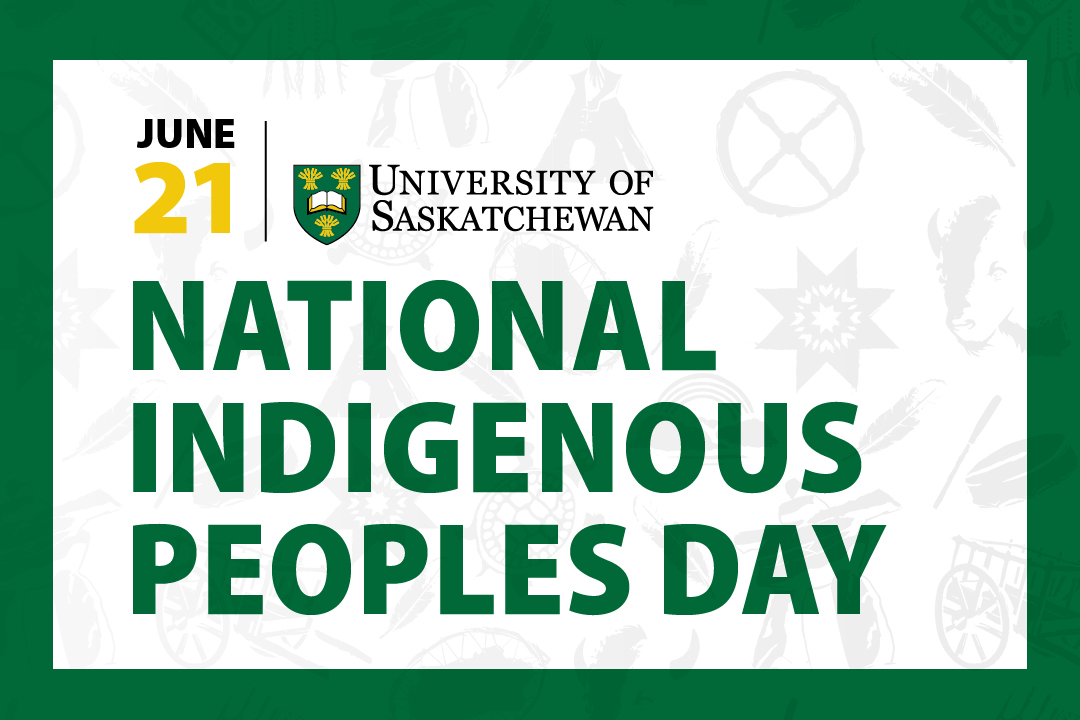
President's Statement on National Indigenous Peoples Day
Today is June 21st, National Indigenous Peoples Day—the day we recognize and honour the rich and diverse history, cultures, and achievements of First Nations, Inuit and Métis across this country.
This year’s commemoration is particularly poignant. The recent discovery of 215 Indigenous children in an unmarked burial site near a former residential school in Kamloops is the latest painful reminder that our shared history has too often been scarred by injustice against Indigenous peoples. This is a time for all Canadians to reflect not just on the heritage and incredible contributions but also on the sacrifices, the perseverance, and the resilience of First Nations, Inuit and Métis peoples.
For there is much more we all have to do to learn, appreciate and acknowledge about the past, and in particular about the harms caused by the residential school system. It is also a time for us as a university to re-commit to leading positive change with and for Indigenous peoples, as we strive to be a welcoming place for Indigenous students, faculty and staff, and their communities.
Since hosting the first national reconciliation forum in 2015, we have held our own annual internal reconciliation forums—a key response to the 94 calls to action of the Truth and Reconciliation Commission. Indigenization is woven throughout our University Plan 2025.
But we can and must do more to strengthen our dedication to the principles of Indigenization and reconciliation, to fostering meaningful relationships with Indigenous communities, and to supporting and promoting Indigenous scholarship and ways of knowing.
Our next major step forward is the implementation of the university’s first Indigenous Strategy, to be gifted to us by Indigenous Elders. This strategy, created by USask’s Indigenous community of students, faculty and staff, Elders, Traditional Knowledge Keepers, Language Teachers, and other Indigenous community leaders, will continue to build on our commitment to Indigenization and reconciliation.
We can all take pride that one of the inspiring Indigenous individuals highlighted nationally this month is USask alumna, neuroscientist, and former senator Lillian Dyck—one of the first Indigenous women in Canada to obtain a PhD in the sciences and the first female First Nations senator in Canada. Emeritus Professor Dr. Dyck, the daughter of a residential school survivor, earned three degrees at USask and served as a full professor in the USask College of Medicine. You can read more about her here.
National Indigenous Peoples Day is held on June 21st, the summer solstice—the longest day of light in the year. For many thousands of years, Indigenous peoples around the world have marked this day with special ceremonies and traditions. It is indeed a time to bring light to the dark history of residential schools and the treatment of Indigenous peoples as we work together as a community of Indigenous and non-Indigenous alumni, faculty, staff and students in partnership and mutual respect.
Peter Stoicheff
President and Vice-Chancellor
University of Saskatchewan

